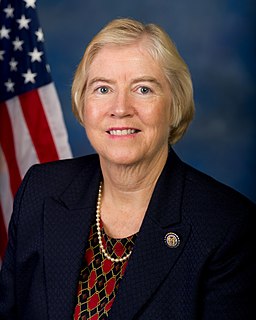A Quote by John Fetterman
If we start treating addiction as a public health issue, with more compassion, and without the criminal element, our society will be better off and violence and public safety will improve as a result. We'll also be taking a big step in taking down the prison-industrial complex that disproportionately harms communities of color.
Related Quotes
I think the biggest problem in our country is mass incarceration and the prison-industrial complex. From the Rockefeller drug laws to stand your ground to stop and frisk, all these are pointing people, especially and disproportionately black and brown people, towards the criminal-justice system. It's depleting whole generations of people.
Our current draconian laws prohibiting the use of marijuana by responsible adults are doubly flawed. Not only does such prohibition violate fundamental freedoms but also. . . it undermines personal health and public safety. Regardless of your views on the civil liberties issues. . .another compelling justification for marijuana law reform: that it will promote health and safety for all of us, including our nation's children.
We can build wealth in all our communities, value public education, plan for our neighborhoods, invest in housing we can afford and transportation that serves everyone, truly fund public health for safety and healing, and deliver on a city Green New Deal for clean air and water, healthy homes, and the brightest future for our children.

































